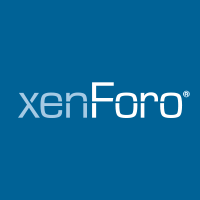So I have this in my config already:
$config['cache']['enabled'] = true;
$config['cache']['provider'] = 'Redis';
$config['cache']['config'] = [
'host' => '127.0.0.1',
'password' => 'Boobs!'
];
Do I just need to simply add this in the end?
$config['pageCache']['enabled'] = true;
$config['cache']['enabled'] = true;
$config['cache']['provider'] = 'Redis';
$config['cache']['config'] = [
'host' => '127.0.0.1',
'password' => 'Boobs!'
];
Do I just need to simply add this in the end?
$config['pageCache']['enabled'] = true;

